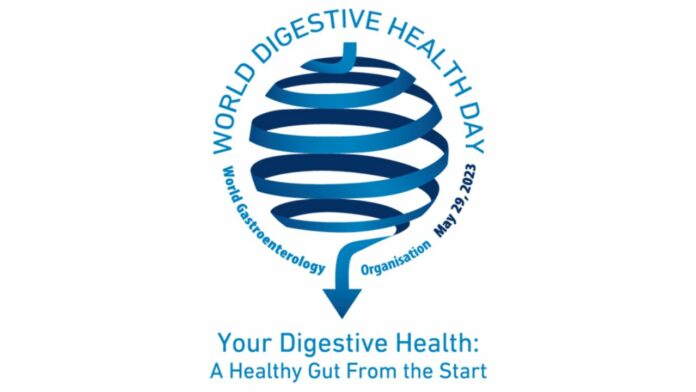Cleveland Clinic gastroenterologist Dr. Christine Lee says eating a diet heavy in plant-based food can keep your digestive system in top form
A healthy and diverse diet helps to build a healthy gut, which is key for maintaining a strong immune system and boosting mental and physical wellbeing, says a gastroenterologist from global health system Cleveland Clinic, speaking ahead of World Digestive Day on 29 May.

“It’s essential for your health to maintain a good balance of gut bacteria,” says Christine Lee, MD. “Eating the right foods fortifies your gut’s complex microbiome, comprising trillions of microbes including ‘good’ bacteria.”
According to Dr. Lee, symptoms of poor gut health can include skin rashes and fatigue alongside the more obvious symptoms of heartburn, bloating, intestinal gas, constipation, and diarrhea.
“It’s important to stay attuned to these types of symptoms, particularly when they seem to closely follow meals,” notes Dr. Lee. “These are all indicators that you might want to look at dietary changes to help your gut.”
To improve gut health diversity is key, says Dr. Lee. “Dietary diversity leads to a healthier microbiome with more species of good bacteria. This broader population of microbes puts your gut in a better position to handle anything that comes along.”
Beneficial foods
In particular, Dr. Lee advises individuals to consume plenty of plant foods, whole grains, probiotics and prebiotics.
“Plant foods are packed with soluble and insoluble fiber, which aid digestion and keep you regular,” says Dr. Lee. “Aim for five to seven servings of fruit and vegetables per day and have lots of different colors on your plate – greens, reds, oranges, and yellows – to provide a wide variety of vitamins and nutrients your body needs.”
For wholegrains, which are packed with fiber and therefore also important for regular bowel movements, Dr. Lee suggests grains such as oats, barley, rye, millet, quinoa and brown rice. “Unprocessed, whole grains retain more natural goodness compared to milled or refined grains that have nutritious layers stripped off. When shopping, try to choose items with at least 3 grams of dietary fiber per serving for the best benefit,” she says.
To include probiotics, or beneficial bacteria, in your diet, Dr. Lee recommends eating fermented foods such as yogurt, kefir, kombucha, sauerkraut, kimchi and miso. These include live microorganisms that can be beneficial to your gastrointestinal health, she says.
Prebiotics, found in garlic, onions, artichokes, bananas, apples and whole oats, among others, are important as they work in tandem with probiotics to keep the gut and its microbiome operating at peak efficiency, says Dr. Lee. “In the simplest of explanations, prebiotics act as a food source to support the good bacteria in your gut while probiotics add to the population of good bacteria.”
Foods to limit or avoid
There are several foods that can cause digestive issues and should be avoided or at least limited, advises Dr. Lee. These include high-sodium foods such as chips, lunch meat and many prepared foods, which can slow digestion and lead to bloating, as well as processed foods which contain preservatives that slow down digestive motility and allow bad bacteria build-up.
Other food types Dr. Lee recommends limiting are fried food, since oils laden with saturated fats can lead to indigestion, gas and diarrhea, and artificial sweeteners, which can be difficult for the body to process.
Dr. Lee also advises individuals to limit red meat to no more than 85g (3 ounces) twice a week, particularly as red meat is associated with increased risk of heart disease.
“In general, simple foods are the best for our bodies,” concludes Dr. Lee. “Listen to your gut and note reactions to the foods that you eat. Limit foods that are known to cause digestive issues, exercise regularly incorporating core-strengthening activities, and your gut should be happier.”

